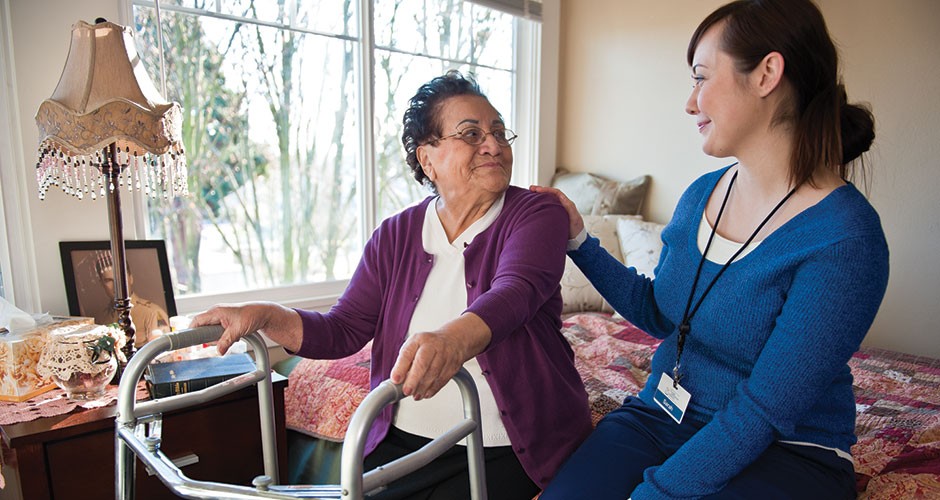If you’re the kind of person who is motivated by humanitarian and entrepreneurial interests, you should consider building a business with the potential to make a real difference in people’s lives. If that prospect speaks to you, you just might be the right fit for a home healthcare agency; one of the largest growing industries around the world.
Home health care can mean a number of different things. For some people, it means non-medical health care, as well as skilled home health care. Let’s define them both here.
Non-medical home health care involves helping people with their everyday living activities, often meaning helping senior citizens in their homes. Services include transportation, housekeeping, and meal preparation.
Skilled home health care involves therapeutic or nursing services administered in the person’s home that would typically be delivered in a medical clinic or hospital.
Here, we’re going to look at how you can start your own skilled home health care agency. So if you have such questions as “how much does it cost to start a home health agency?”, read on.
Table of Contents
Write a Business Plan
Home health care is different from other businesses for many reasons, but there is one thing that it has in common with all other ventures. And that’s that a lack of forecasting and planning is one clear way to undermine its potential. You’ll need to ensure that you plan every detail when it comes to getting the business started and past the first couple of years, a period in which many businesses fail.
If you’re keen to get started and want your business running in the short-term, go with a lean business plan. This kind of plan is also helpful if you’re looking to validate the idea first. If you’re someone who prefers to plan for every detail or you’re aiming to seek funding, a traditional plan would make more sense.
State and Medicare/Medicaid Certification
The first thing to do when it comes to acquiring certification in the U.S. involves completing the home care license application for your state, along with any necessary lucre paperwork. This includes obtaining an NPI number and Tax ID, and incorporating your business. Make sure that you’ve covered all bases by getting in touch with your State Department of Health.

Get Your Staff Together
Unless you’re a medical professional or physician, the first person you will need to hire is a qualified clinical supervisor. Medicare and the majority of states require that a physician or a registered nurse with over a year’s experience act as a clinical supervisor. This supervisor is required to make themselves available 24/7 for front line staff providing home health care services in patient’s homes. The majority of states also insist that a certified administrator be in place, although the clinical supervisor can take on this role if also certified for that role.
Developing a Marketing Strategy
Once you’ve written your business plan and have gone through the process of Medicare and state certification, and have your workforce in place, the next step is securing your first clients. This is the part where your business really starts to look like a business. Your marketing plan will largely depend on the effectiveness of your marketing strategies.
Prepare Your Finances
Owning, managing, or running a home health agency can call for a lot of financial planning before you get started. To open this kind of agency with success, it’s common to look for professional office space and employ experienced healthcare providers, and then apply for business loans to cover necessary costs.
Typical office space will be between 600 and 700 square feet, with costs depending on where you want to base your agency from. What you’re required to pay healthcare caregivers is another cost that is dependent on where your business is located. Acquiring resourceful, kind, and competent staff, however, offers a huge advantage to your brand. Most home healthcare services seek to employ respiratory therapists, speech language pathologists, occupational therapists, physical therapists, licensed practical nurses, and registered nurses.
When you’ve developed a budget that includes both hire costs and business space, you should go to the Small Business Administration’s website where you can see a compilation of business loan providers in your region.
For operating costs under $50,000, you might want to consider a microloan, which is an advanced loan payable over a six-year period with a fluctuating interest rate between 8% and 13%. These loans, however, require a personal guarantee and borrower collateral.


